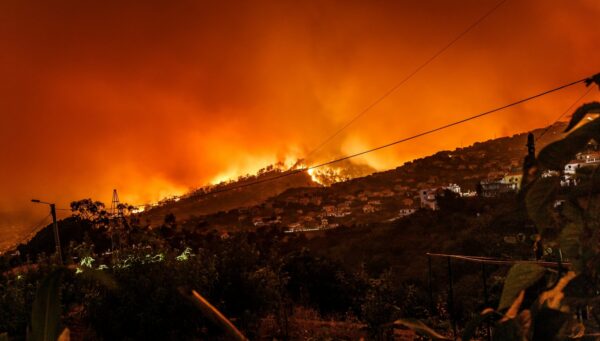Turn down the heat: climate extremes, regional impacts and the case for resilience
Authors
Hans Joachim Schellnhuber, Bill Hare, Olivia Serdeczny, Michiel Schaeffer, Sophie Adams, Florent Baarsch, Susanne Schwan, Dim Coumou, Alexander Robinson, Marion Vieweg, Franziska Piontek, Reik Donner, Jakob Runge, Kira Rehfeld, Joeri Rogelj, Mahé Perette, Arathy Menon, Carl-Friedrich Schleussner, Alberte Bondeau, Anastasia Svirejeva-Hopkins, Jacob Schewe, Katja Frieler, Lila Warszawski, Marcia Rocha.

The second report in the Turn down the heat series looks at the likely impacts on three vulnerable regions if the world continues on its current trajectory and warms by 2°C over pre-industrial times by mid-century and continues to become 4°C warmer by 2100.
The report synthesises the current peer-reviewed literature and supplements it with computer modelling, finding that future impacts across the regions are potentially devastating. It looks across Sub-Saharan Africa, South Asia, and South East Asia, revealing how rising global temperatures are increasingly threatening the health and livelihoods of their most vulnerable populations.
The report describes the risks to agriculture and food security in sub-Saharan Africa; rise in sea-level, bleaching of coral reefs, and devastation of coastal areas in South East Asia; and fluctuating rain patterns and food production impacts in South Asia.











